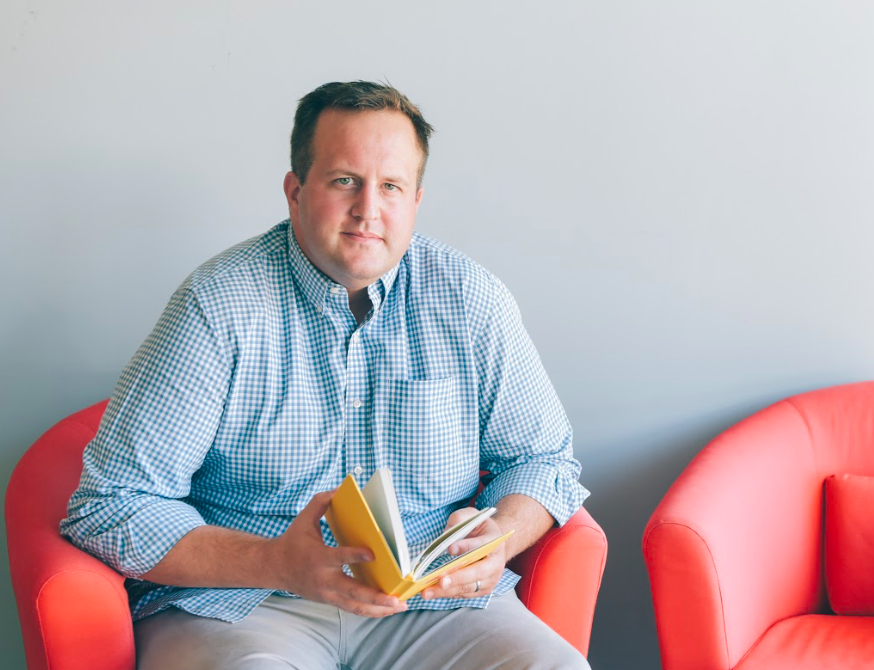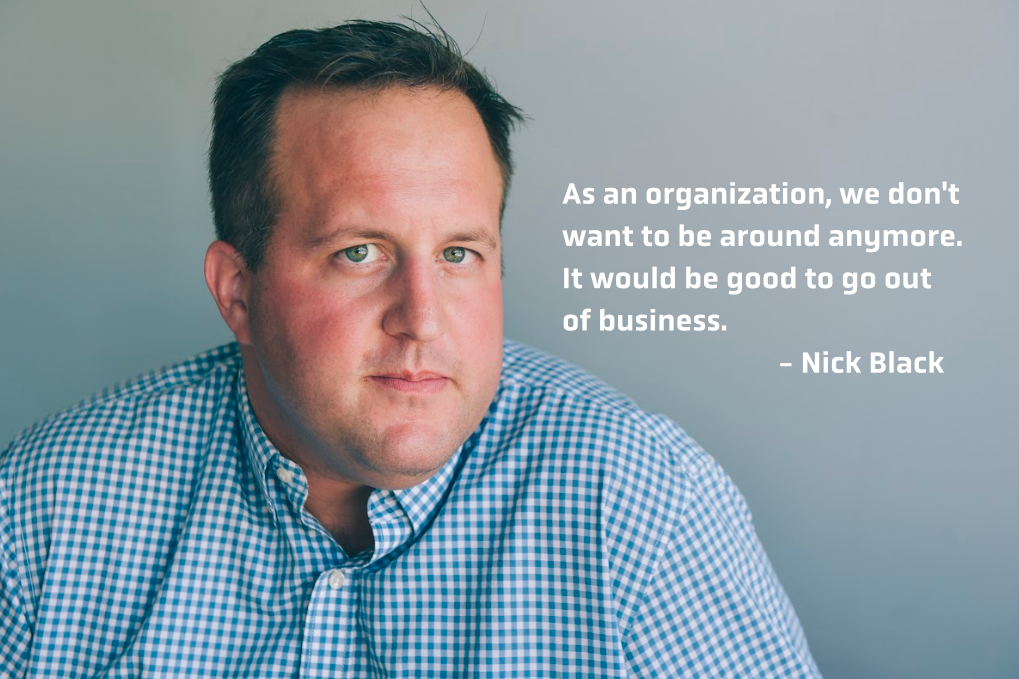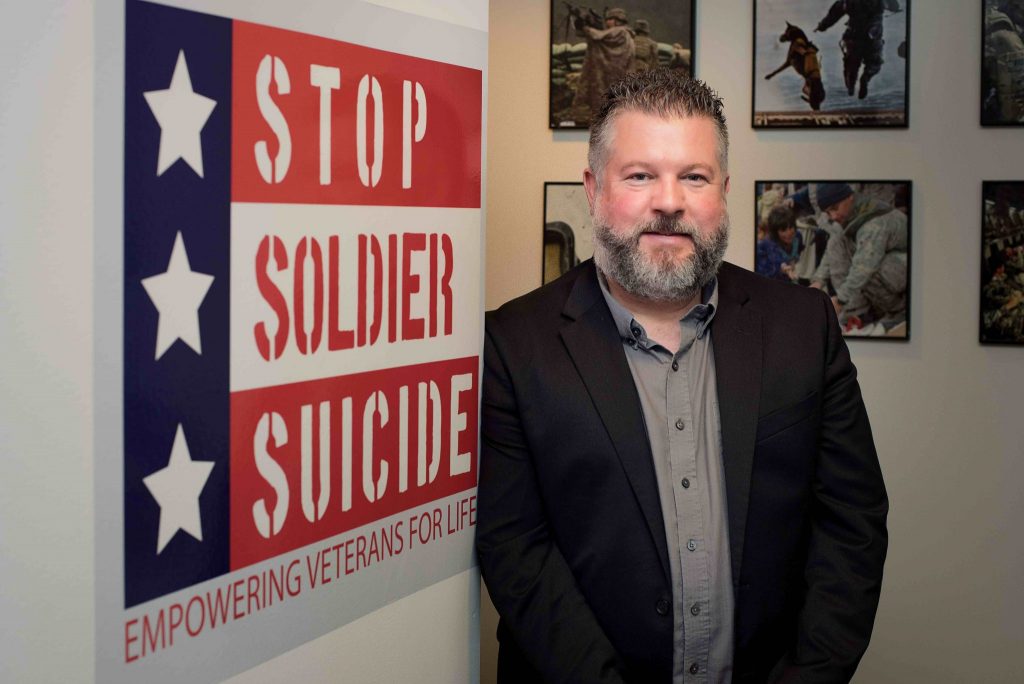Stop Solider Suicide is the first national, veteran-founded-and-led 501(c)3 nonprofit focused on military suicide prevention. The organization offers a variety of resources, including education/GI Bill retreats, mental health, PTSD (Post-traumatic stress disorder)and TBI (traumatic brain injury) referrals, alternative therapies (HBOT, art therapy, equine therapy) as well as emergency financial aid and housing assistance.
“It’s the hardest thing in the world. We need to be pragmatic to break down the problem,” he says. “At Stop Soldier Suicide, we have to solve this thing. We’ve got to figure this thing out.”
Current systems in place to assist veterans are not working, andwith more than 45,000 veterans service organizations available, veterans can quickly become confused and overwhelmed when trying to choose which programs will work best for them. Stop Soldier Suicide not only provides access to resources, but it also provides case management and follow-up care for two years.
Although Stop Soldier Suicide has made significant progress in supporting veterans and their families, the organization now seeks to drastically accelerate results at a strategic planning event this December in Washington, D.C.
“With social issues – it’s hard to move the needle. You first have to define what the needle is,” says Black. “Everything to this point for our organization has been building a runway for our work. With our upcoming event in December, I’m very excited that we’ll create and set forth a plan of action to carry us through the next few years.”
The event will bring in innovators from all over the world to think differently about veteran suicide and what can be done.
“We will make it happen. We won’t gain ground unless we take an entrepreneurial approach,” says Black. “In our existence as an organization, we’ve spent five years learning. Building upon that, we work to lead with passion and make decisions off data.”
With headquarters in Raleigh, Stop Soldier Suicide maintains an ongoing relationship with UNC-Chapel Hill by actively recruiting volunteers from the UNC School of Social Work. For student entrepreneurs looking to further their idea, Black advises them to spend time doing research and customer discovery.

 | UNC-CH
| UNC-CH








